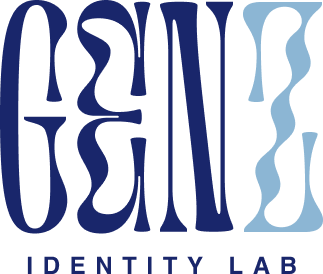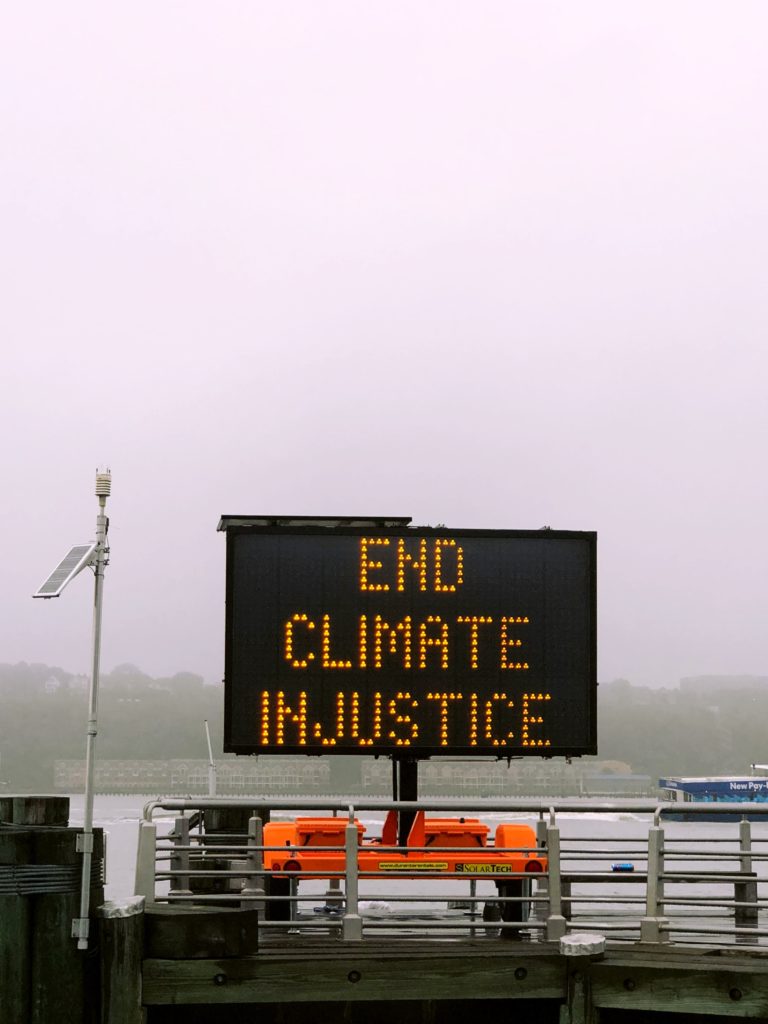It’s no secret that Generation Z cares about climate change. In fact, 41% of Gen Zers cite global warming as the most important issue facing the world. With public figures, like seventeen year old Greta Thunberg, making their voices heard in the media, it has become abundantly clear that the world needs to take action, specifically in terms of our energy consumption. However, it feels like turning off the faucet while brushing your teeth and timing your showers isn’t enough. So how can we fundamentally change our energy consumption?
Enter nuclear energy.
What is nuclear energy?
For context, all matter is composed of tiny particles called atoms. At the center of these atoms is the nucleus, which holds densely packed protons and neutrons. Without going too far into the chemistry of it, nuclear energy works by splitting the nucleus in a process called nuclear fission. This fission releases energy that heats water, allowing it to spin turbines connected to generators and produce electricity.
What are the benefits of nuclear energy as opposed to other forms?
According to the National Academy of Science, the US gets 81% of its energy from burning fossil fuels. Unfortunately, these fossil fuels emit massive amounts of carbon dioxide and other gases into the atmosphere. That’s why fossil fuels are the primary contributors to climate change. We are already seeing the effects, as the WHO finds that air pollution from fossil fuels kills 7 million people annually. Nuclear energy is our best bet. This is because since it produces energy via nuclear fission — rather than chemical burning — it generates electricity without emissions. That is why the NI ‘13 finds nuclear power has prevented over 1.8 million pollution-related deaths worldwide.
A second reason why nuclear energy is better than other alternatives is its capacity factor. Rhodes of Yale University in 2018 explains that capacity factor “is a measure of what percentage of time a power plant actually produces energy.” Nuclear power plants operate at full power on 336 days per year, giving them an average capacity factor of 92.3%. This is significantly better than other sources of energy like hydroelectric systems, wind turbines, and solar panels, which have capacity factors of 38%, 34%, and 25%, respectively. This makes sense as the wind, for example, isn’t always strong enough, and the sun may not always shine.
Thirdly, proponents of nuclear energy love its price tag. While nuclear energy does have a large upfront cost, Diaz of the USNC explains that it is cheap to maintain. This is because nuclear plants require exponentially less fuel than other energy sources like coal or gas and can operate for decades without needing major renovations . Additionally, nuclear energy saves costs in the long term by mitigating the health effects of climate change.
Is nuclear energy perfect? Not exactly.
The main critique of nuclear energy concerns the risk of accidents. There have been three major nuclear accidents: Three Mile Island in Pennsylvania, Chernobyl in Ukraine, and Fukoshima in Japan. All three of these instances resulted from overheating. Chernobyl was by far the worst. According to the NEI, the 1986 accident killed over 30 people and caused over 20,000 cases of thyroid cancer. While nuclear accidents seem scary, the United Nations Scientific Committee finds that their impacts are exaggerated by the media. To put this in perspective, let’s use millisilverts (mSv) – a measure for radiation exposure. Rhodes explains that “a full-body CT scan drives about 10-30 mSv.” That’s the same amount received by evacuees during Chernobyl. Thus, proponents of nuclear energy dismiss the threats of accidents. Even if nuclear accidents could cause damage, they are extremely rare, further mitigating their threat.
So which side outweighs?
It goes without saying that the impacts of climate change are staggering. For instance, The Climate Vulnerable Forum finds that if action isn’t taken, climate change will kill over 100 million people in the next decade — with 90% of deaths expected in low income countries. Gen Z understands that the #1 cause of climate change is pollution, so let’s act on it. Yes, renewables are great. However, they are unreliable and expensive. Because nuclear energy is emissions-free, very efficient, and saves costs in the long term, it is the best option. In fact, Poneman of the Scientific American ‘19 writes that the only way to meet the two degree climate change mark is by doubling nuclear power by 2050.

Nicole Rodriguez is a junior at Ransom Everglades School in Miami, FL. Her curiosity drives her to study and pose questions about the rapid pace of our world — exactly what GenZ Identify Lab stands for! Nicole’s passion for researching and writing comes across in her active participation on her Speech and Debate team. This year alone, she has debated a variety of topics, ranging from nuclear energy to charter schools. Through GenZ, Nicole hopes to motivate her readers to share their voices and explore new activities. Outside of school, you can find Nicole dancing, hanging out with friends and family, watching Netflix, or traveling!


